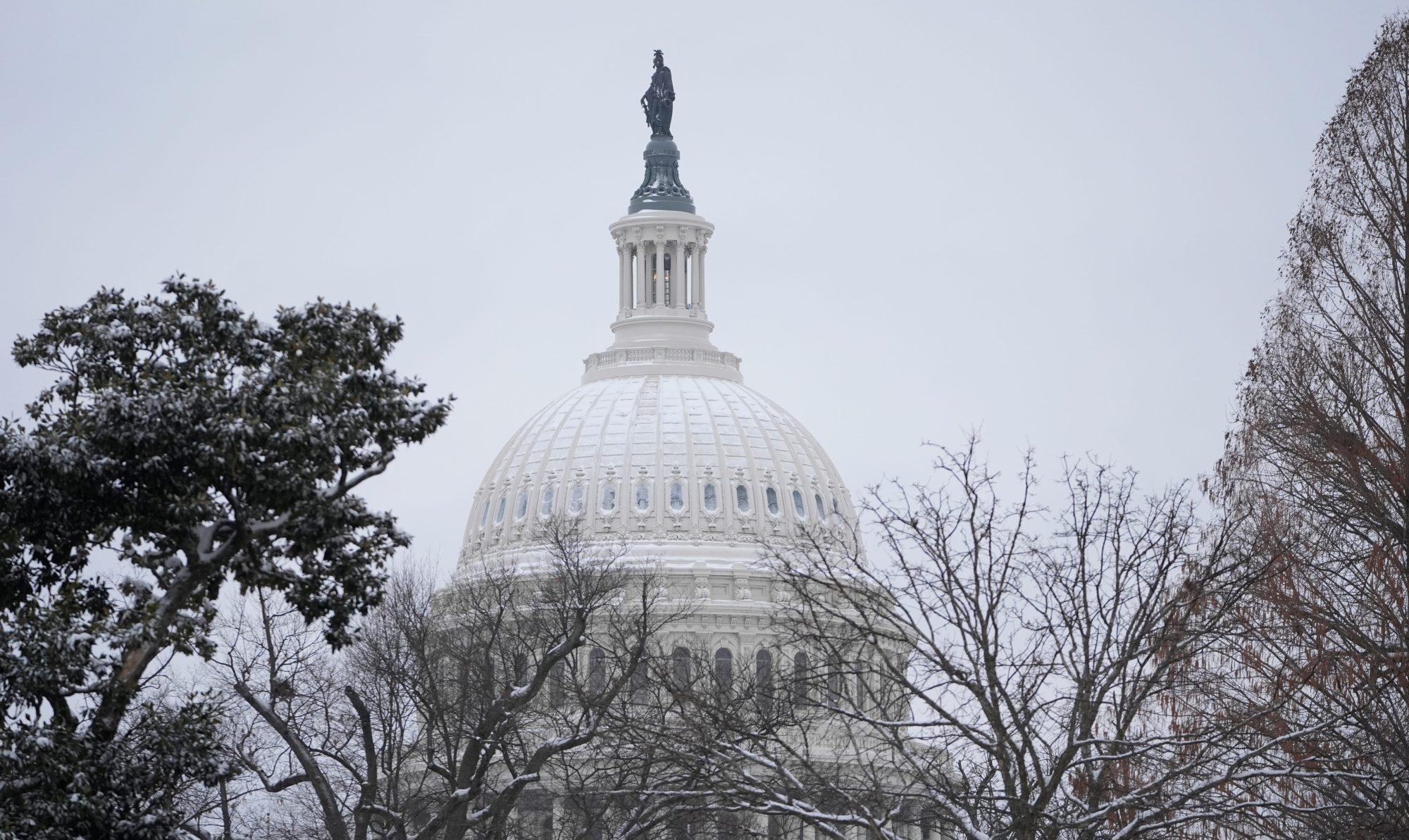On Tuesday, the House of Representatives passed a bill that would effectively ban transgender athletes from participating in women’s sports.
The three-page bill, called “The Protection of Women and Girls in Sports Act,” would rewrite Title IX, the statute prohibiting all federally funded education institutions from discriminating “on the basis of sex”—and that has come to govern equity in sports participation opportunities. The bill would add language to the statute saying a school would be in violation of Title IX if it were to “permit a person whose sex is male to participate in an athletic program or activity that is designated for women,” adding that “sex” can be solely defined as “a person’s reproductive biology and genetics at birth.”
The vote was 218–206, with two Democrats voting yes and one voting present.
The Protection of Women and Girls in Sports Act, which would apply to all educational levels from kindergarten through college, goes further than multiple state proposals on the issue, which in many cases have focused solely on high school athletics. Utah Gov. Spencer Cox, a Republican, vetoed a state bill that went this far in 2024.
“The House has delivered on its promise to protect women’s sports,” Rep. Greg Steube (R., Fla.), who authored the bill, said Tuesday. “Denying biological truth erases fairness in sports and puts women’s safety and opportunities at risk. Today’s passage sends a clear message to the Senate—protecting women and girls in sports is not negotiable.”
The bill will move to the Senate, where Republicans have a 53–47 majority. A fierce debate is expected in the Senate over the bill, which will likely need 60 votes to pass so that no Democrats can stop the bill with a filibuster.
Republican lawmakers have made it clear that transgender rights issues, and specifically a ban on transgender athletes in women’s sports, would be a priority for them in 2025. Just two weeks ago, House Republicans fast-tracked the Protection of Women and Girls in Sports Act by making it one of 12 bills that the body must address in the first 100 days of the 119th Congress. It has previously been introduced multiple times and passed the House in 2023, but has failed to pass the Senate. President-elect Donald Trump has also pledged to enact a transgender sports ban through executive action if needed.
Even so, the issue is not widespread. NCAA president Charlie Baker has previously testified there are fewer than 10 transgender athletes currently competing out of 510,000 total athletes.
Rep. Lori Trahan (D., Mass.) noted the bill could negatively impact cisgender athletes. “The legislation provides no guidance on how to enforce the ban, leaving the door open to requirements that girls ‘prove’ their gender when they are accused of not being girls,” she said. “The consequences of that approach will be devastating. Girls as young as four years old being subjected to invasive lines of questioning about their bodies and even physical inspections by an adult, a stranger, a predator? All because some creep accuses them of not being a girl.”






![[Subscription Customers Only] Jun 15, 2025; Seattle, Washington, USA; Botafogo owner John Textor inside the stadium before the match during a group stage match of the 2025 FIFA Club World Cup at Lumen Field.](https://frontofficesports.com/wp-content/uploads/2026/02/USATSI_26465842_168416386_lowres-scaled.jpg?quality=100&w=1024)
![[Subscription Customers Only] Jul 13, 2025; East Rutherford, New Jersey, USA; Chelsea FC midfielder Cole Palmer (10) celebrates winning the final of the 2025 FIFA Club World Cup at MetLife Stadium](https://frontofficesports.com/wp-content/uploads/2026/02/USATSI_26636703-scaled-e1770932227605.jpg?quality=100&w=1024)









